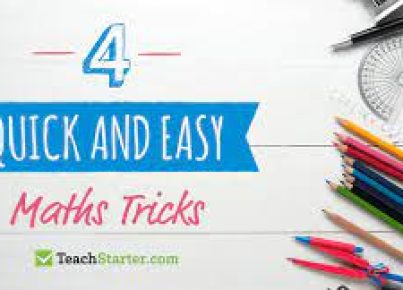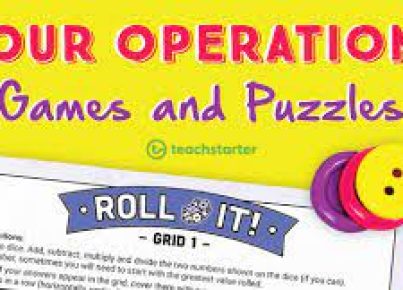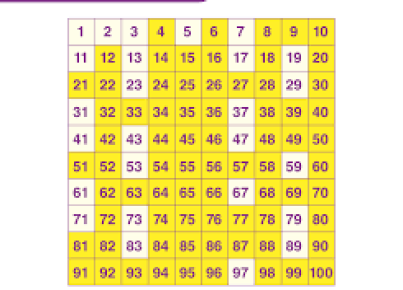Number talk is the term used to describe the type of language and questioning used by adults to help young children acquire early math concepts. These short, daily exercises help children develop number sense, which is an intuitive understanding of numbers and mathematics.
Number talk is normally used in grade-level classrooms to help children understand number magnitude, the relationships between numbers, and how numbers can be modified by various operations. However, number talk is incredibly important for parents to utilize even before their children start school.
Number talk is critical to early learning
Most preschools don’t have children participating in number talk, and they especially don’t emphasize number talk. Reading is emphasized much more in the younger years. However, developing number sense is just as important as developing early reading skills. In preschool, most children learn how to count to ten. But this doesn’t involve number sense, just memorization. So it is often up to parents to initiate number talk with their children.
Researchers have identified nine types of number talk that parents can use with their children:
- Counting
- Cardinality (knowing the number of objects without directly counting)
- Equivalence (understanding what makes things equal)
- Nonequivalence (understanding what makes things unequal)
- Number symbols (recognizing a number in written form)
- Conventional nomatives (using numbers as titles, dates, labels, etc.)
- Ordering
- Calculation
- Placeholding (place values such as ones, tens, hundreds, etc.)
Number sense can be developed through number talk in preschool years during regular play activities. When children are exposed to geometrical shapes during play with blocks and Legos, their number sense is being developed.
To use counting number talk, you may ask your child to count the number of Legos he has in his hand. To use nonequivalence number talk, you can ask your child if the three blocks you have and the five blocks he has are equal in amount.
Opportunities for number talk are also present where opportunities for counting are not. To use conventional nomatives in your number talk, you may ask your child, “What was your favorite part of Three Blind Mice?” If you want to use ordering number talk, you can ask him to order family members from shortest to tallest. Truly, there are opportunities for number talk at every corner.
Age-appropriate number talk
Number talk with your child won’t do much good if the number talk is not age appropriate. Number talk that is too simple or too complex for your child’s age will not help him develop foundational math skills.
Even infants can benefit from age appropriate number talk. A dad that plays One-two-three… peek-a-boo with his infant is actually utilizing counting number talk. However, an infant would not benefit from number talk that is too complex for his abilities, such as ordering number talk that would require him to order objects. Similarly, a six-year-old child will not benefit from simply counting the five objects in front of her.
You want your child to develop number sense and foundational math skills to help her succeed later in life. This can be done by using consistent, age appropriate, engaging number talk that can be interwoven in the activities of everyday life. Number talk isn’t simply a math lesson for your three-year-old. Instead, number talk is a playful, relationship-building technique that teaches your child to have an awareness of the math around her and a passion to learn more.




